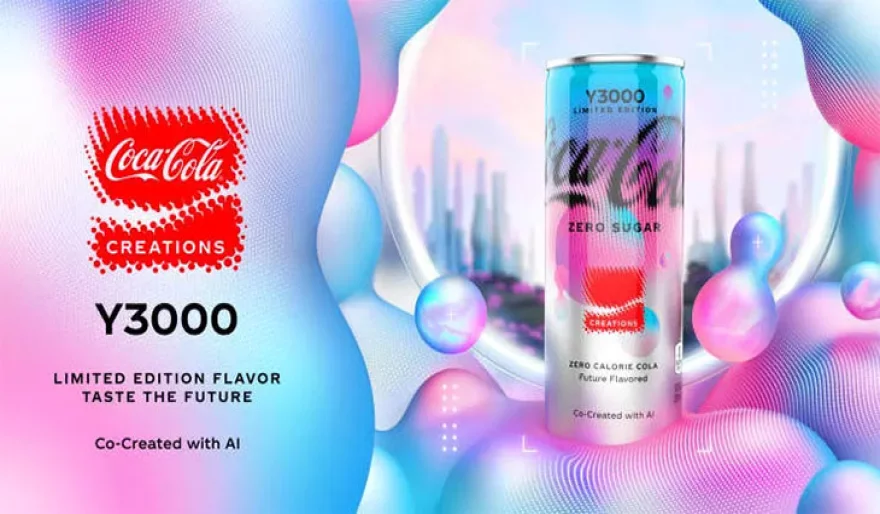Stay Ahead of the Curve
Latest AI news, expert analysis, bold opinions, and key trends — delivered to your inbox.
Coca-Cola's AI-Generated Soda: A Cautionary Tale
5 min read Coca-Cola's AI soda experiment, "Year 3000," falls flat with consumers! Described as "all bark, no bite" and "numbingly trivial." The future of soda? Not quite! September 27, 2023 06:39
Coca-Cola's AI-generated soda, "Year 3000," has been met with disgust by consumers. The soda was supposed to taste like the future, but instead it has been described as "all bark and no bite," "bad," and "numbingly trivial."
This is a cautionary tale about the dangers of relying too heavily on artificial intelligence. While AI can be a powerful tool, it is important to remember that it is still in its early stages of development.
There are a few possible reasons why Coke's AI-generated soda tasted so bad. The algorithm used to generate the flavor profile may not have been accurate or comprehensive. The algorithm may not have been able to accurately capture the nuances of human taste. The company may have made a mistake in the formulation of the soda. Or, the soda may not have been properly tested before it was released to the public.
It is also important to note that taste is subjective. What one person finds disgusting, another person may find delicious. So, it is possible that some consumers did enjoy the taste of Coke's AI-generated soda.
However, the overall reaction to the soda has been negative, which suggests that there is still a lot of work to be done in the development of AI-generated food and beverage products.
Here are some lessons that we can learn from Coke's AI-generated soda fiasco:
- AI is not perfect. It is important to use AI with caution and to have a backup plan in case things go wrong.
- Consumers are ultimately the ones who decide what they like and dislike. It is important to test AI-generated products with consumers before releasing them to the market.
- Taste is subjective. It is important to keep this in mind when developing AI-generated food and beverage products.
Overall, the failure of Coke's AI-generated soda is a reminder that AI is a powerful tool that should be used responsibly. It is also a reminder that consumers are the ultimate arbiters of taste.



















 AI Agents
AI Agents